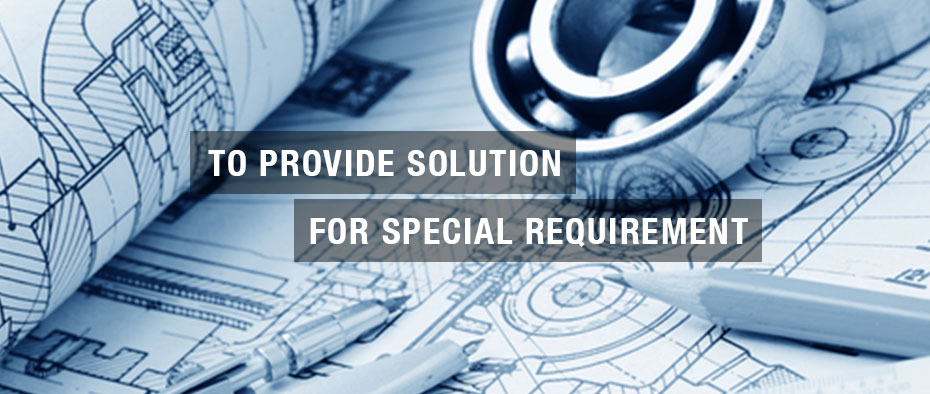錦勝機械貿易私人有限公司
Jinson Engineering & Trading Pte Ltd was established in 1980 with the vision of serving the building and construction industry specializing in the fabrication of steel structures, general engineering works and casting of anodes. The Company eventually expanded and branched into supply, fabrication and installation of steel structures for factories / chemical plants, steel moulds for precast uses and steel formworks for specially design in-situ concrete elements.
With an efficient and reliable team of qualified engineers & workers, Jinson Engineering & Trading Pte Ltd is committed to deliver quality and value for every products within its range to meet all building and construction needs.
Products include:
Building Type Steel Form / Civil Engineering Typo Steel Form / Retaining Wall Forms /
Circular / Variable Column Steel Form / Bridge Cantilever Forms / Structural Steels Works /
Table/Slab Formwork / Bridge Girder Forms / Modular Truss Structures /
Jumpform Bracket for Liftshaft / Flyover Bridge Cantilever Slab Bracket /
Field Structures for Chemical Plants / Concrete Fascia Moulds / Corbel Column Form / Permanent Fencing and Linkways / Structural Concrete Moulds / Parapet and Planter Box Forms / Cast-in Items for precast uses
Metal Fabrication
Metal fabrication is a value added process that involves the construction of machines and structures from various raw materials.
• Basic Steps of Fabrication:
• Planning
• Engineering
• Cutting & Burning of Raw Materials
• Forming
• Machining
• Welding
• Final Assembly
Welding is the main focus of steel fabrication. The formed and machined parts will be assembled and tack welded into place then re-checked for accuracy. After the weldment has cooled it is generally sand blasted, primed and painted. Any additional manufacturing specified by the customer is then completed. The finished product is then inspected and shipped.
Permanent mould casting
The moulds need not be reformed after each production cycle. Permanent mould casting (typically for non-ferrous metals) requires a set-up time on the order of weeks to prepare a steel tool, after which production rates of 5-50 pieces/hr-mould are achieved. Permanent molds have a life which varies depending on maintenance of after which they require refinishing or replacement.
Steel cavities are coated with refractory wash of acetylene soot before processing to allow easy removal of the work piece and promote longer tool life. The only necessary input is the coating applied regularly. Cast parts from a permanent mold generally show 20% increase in tensile strength and 30% increase in elongation as compared to the products of sand casting. Typically, permanent mould casting is used in forming iron-, aluminum-, magnesium-, and copper-based alloys.
To find out more about Jinson Formwork, click
here.
Photo Gallery
Contact Us


